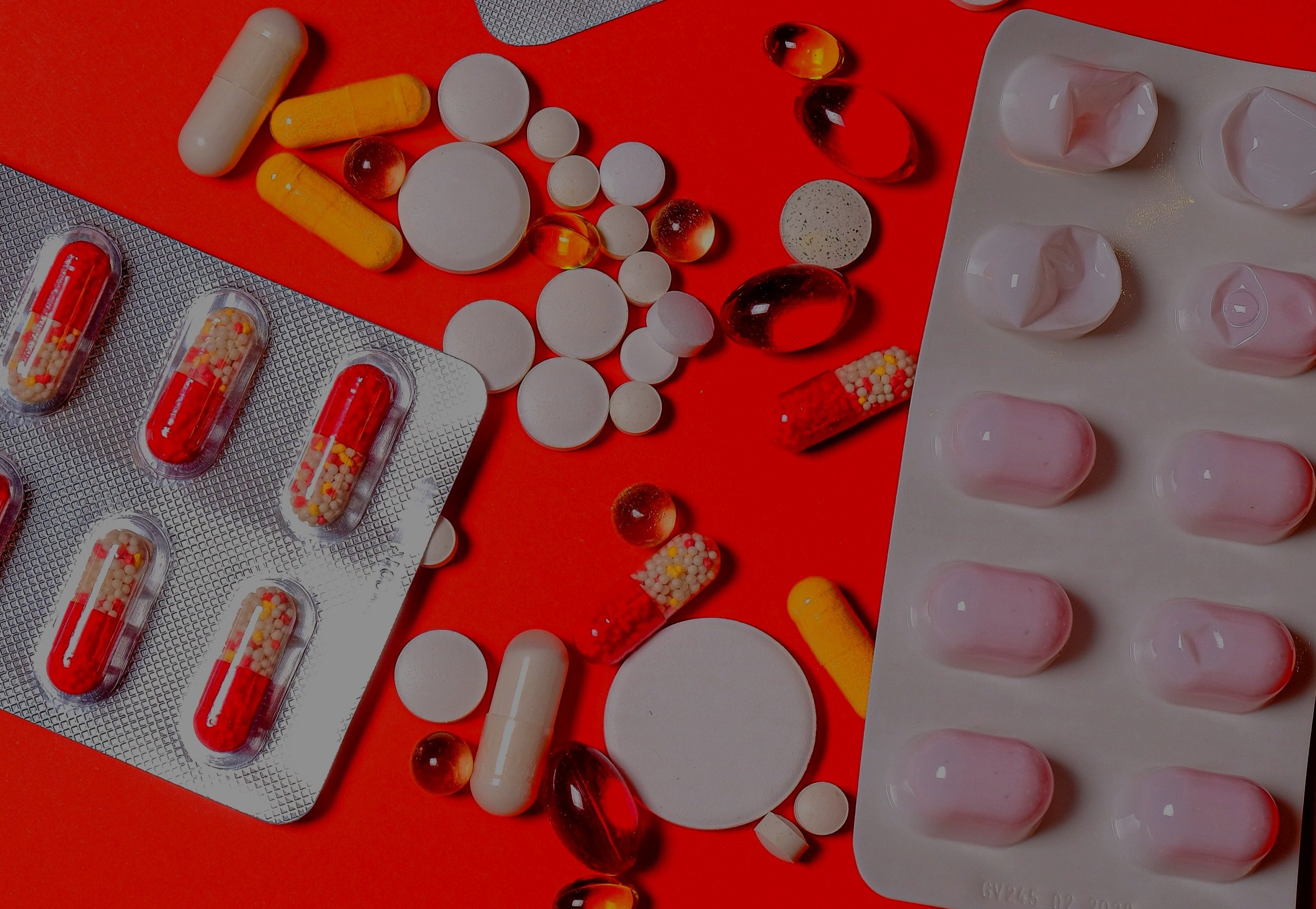
STI Treatment
Sexually Transmitted Infections or Diseases (STIs or STDs) are infections that are spread predominantly through sexual contact, including vaginal, anal or oral sex. According to the World Health Organization, there are more than 30 known types of STIs.
STI rates are on the rise globally.
In the United States for example, incidences of Gonorrhoea and Chlamydia increased by 63% and 19% respectively from 2014 to 2018, according to a national report by the Centers for Disease Control and Prevention (CDC). In Singapore, the Department of STI Control (DSC) revealed in 2018 that Chlamydia had the highest STI rates with 2,719 cases, followed by Gonorrhoea and Syphilis as the second and third most common STIs respectively. In addition, STI rates increased significantly in the 10-19 year old age group.
Thankfully, treatment is available for all STIs, no matter what the cause, even if a cure is not possible.
Some of the most common STIs like Chlamydia, Gonorrhea and Syphilis are caused by bacteria and can be treated and cured with antibiotics.
Most viral STIs like Herpes Simplex Virus (HSV) and Human Immunodeficiency Virus (HIV) are not curable but can be effectively managed with antiviral medications, and may even be kept in remission.
Growths caused by Human Papillomavirus (HPV) can be removed with non-invasive methods like cryotherapy.
Fungal STIs are treatable and curable but may be quite stubborn and recurrence rates are high.
STIs caused by parasites are treatable and curable and tend not to recur.
Vaccines are available for Hepatitis B and HPV.
Read more here about STI Screening.
Here are some specific STI treatments:
Chlamydia. Can be treated and cured with a course of oral antibiotics.
Gonorrhoea. Can be treated and cured with a course of oral and injectable antibiotics.
HIV. Cannot be cured, but can be managed with antiretroviral medications. Can be effectively prevented with Pre-Exposure Prophylaxis (PrEP). In the event that sexual exposure has occurred, HIV can be prevented if Post Exposure Prophylaxis (PEP) is commenced within 72 hours
Syphilis. Early syphilis can be treated and cured with a single dose of antibiotic injection, while late syphilis requires an antibiotic injection once a week for a total of 3 weeks.
Herpes. Herpes cannot be cured, but flares can be treated with an early course of oral and topical antiviral medications. Patients who get recurrent Herpes flares may require suppressive antiviral therapy.
HPV and Genital Warts. HPV vaccines can help prevent transmission of certain strains. Warts can be treated with topical ointment, cryotherapy or electrosurgery.
Non-specific Urethritis (Mycoplasma and Ureaplasma). Can be treated and cured with a course of oral antibiotics.
Trichomoniasis. Can be treated and cured with a single dose of oral antibiotics.
Some important points to note:
Many STI symptoms will go away or change quickly. This does not mean that the STI has gone away. It will be harder for your health professional to diagnose your STI after the symptoms have changed. A delay in being evaluated may lead to a more serious illness.
Avoid sexual contact while undergoing treatment for STIs.
Some STIs require follow up appointments to either test for clearance, or to monitor your health and the effectiveness of treatment. Your doctor will advise you accordingly.
It would be ideal if you are able to notify your recent sex partners to get tested and treated accordingly.
Take all medications as directed by your doctor and finish the course of treatment even if the symptoms have resolved. Failure to do so could lead to a resistant infection.
It is not advisable to try to treat yourself for an STI using medication you have purchased over the Internet or otherwise obtained without a doctor’s prescription, or using leftover medication given from a previous consultation. It is best to check with your doctor first, as each unique infection has its own recommended course of medication, dose and frequency.
What happens if I do not get treated for an STI?
This is not a good idea. Untreated Chlamydia and Gonorrhoea, for example, can lead to Pelvic Inflammatory Disease, infertility and ectopic pregnancy. Untreated Syphilis may result in loss of vision, heart valve damage, aneurysm and dementia years or decades later. Untreated HIV could progressively destroy the immune system and leave you vulnerable to a host of potentially life-threatening infections.
How long do I have to abstain from sex after STI treatment?
If you are being treated for Chlamydia, Gonorrhea or Trichomoniasis, your doctor will generally advise you to wait one week after completing treatment before resuming sexual contact. With Syphilis, you should not have sex until a follow-up blood test confirms that the infection has cleared.
Speak to us today.
If you think that you have been exposed to an STI, please visit us promptly to undergo STI Screening. Proper evaluation and treatment can help to prevent potential health complications and also reduces the risk of transmitting the infection to other sex partners.
